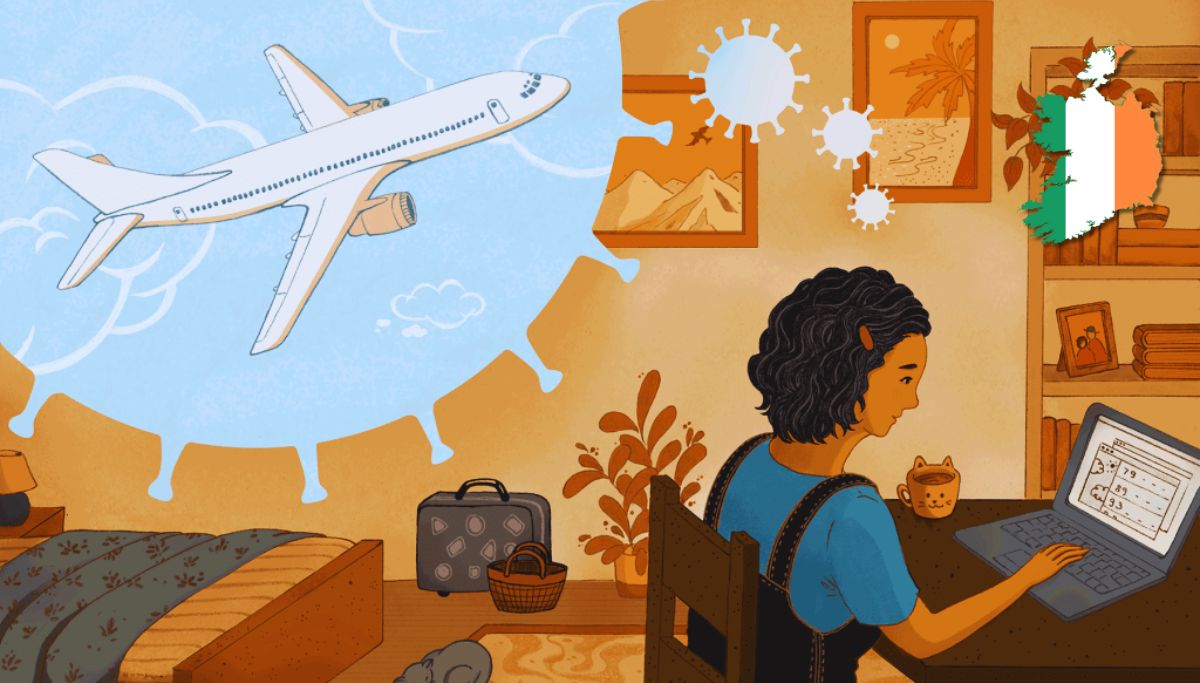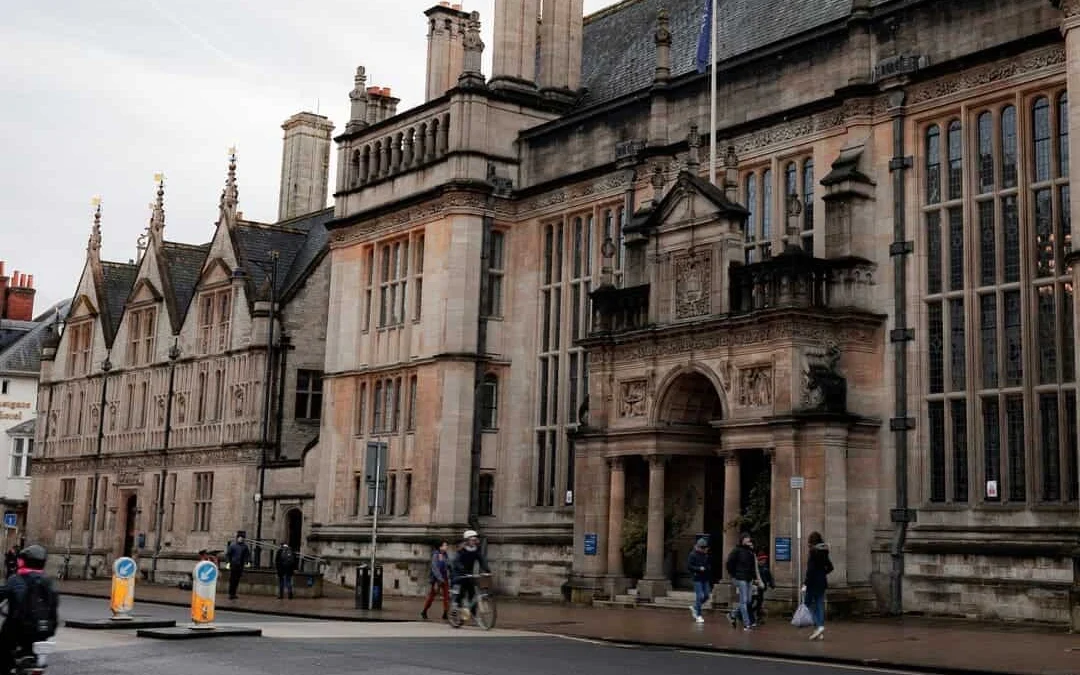Table of Contents
On the westernmost tip of Europe, Ireland is an island nation. It is the second-largest island on the continent. Eighty percent of this landmass is occupied by the Republic of Ireland, while a significant chunk of land in the north is a component of the United Kingdom. It is a popular study destination among students. Let’s see a comprehensive study abroad guide for students flying to Ireland.
System of Education
For Irish nationals and European Union members, education in Ireland is free at all levels. This also covers university studies. This advantage, however, is not available to international students.
Entry into undergraduate courses is typically achieved through the Central Applications Office (CAO) (ordinary and honorary degree courses). This way, through the CAO, prospective students apply rather than applying to each university separately. In Ireland, the autumn intake starts in September, and the spring intake begins in February. Any colleges will also have applications during the year.
Popular Destinations for Students
Trinity College, Griffith College, Waterford Institute of Technology, IBAT College Dublin, Maynooth University, Cork Institute of Technology, National College of Ireland, University College Dublin, National University of Ireland Galway, and Dublin City University are the top universities in Ireland. In cities like Dublin, Limerick, and Galway, most of the country’s best colleges are located. The famous courses Indian students study in Ireland are language and literature, business studies, medical courses, nursing, and social sciences.
The Climate
The Atlantic Ocean positively influences Ireland’s atmosphere, so the warm currents of the ocean hold temperatures low. The average temperature stays between 64 ° F and 68 ° F (17 ° C and 20 ° C) in the spring and summer (May to July). The temperature ranges between 57 ° F and 64 ° F (13 ° C and 17 ° C) during the fall season (August to October), with September being a mild month with a sunny and humid atmosphere. The temperature averages 46 ° F (7.78 ° C) in the winters (from November to March), with January and February being the coldest months. Snow is rare in Ireland, apart from a few snowy weeks.

Accommodation
You need to examine whether you want to live in housing run by universities or with a private landlord. You can also be offered a catered or self-catered alternative by choosing university-managed accommodation. Catered accommodation provides the benefits of preparing your food for you and a degree of clarity over the cost of meals.
The accommodation facility at your university will be able to tell you what accommodation they have open, so that’s the place to start if you have an idea of what you want. The accommodation office should be able to supply you with a directory of private properties and tenants in the city, whether you are thinking about renting from a private landlord or if your preferred university can’t sell you much on its residential premises. You should make sure you know your statutory rights and obligations anywhere you want to live. You may be required to enter into a lease agreement in certain situations, which you can read carefully before you sign.
Cost of Living | Study Abroad Guide to Ireland
The cost of living mainly depends on the part of Ireland you want to live in and the socialization factor. Ireland’s currency is the Euro. Any of the essential elements of life in Ireland as an international student are:
- Home rent (on-campus or off-campus)
- Groceries and food
- Utilities such as electricity, internet, water, etc.
- Bills for Phone
- Books for text and guide
- For flying back to India, airfare
Such elements that could vary from individual to individual will be:
- Dining Out
- Travelling and vacations
- Car rental and insurance for cars
- Connection to Cable TV
University Expenses |Study Abroad Guide to Ireland
Depending on the education, the course, and the school’s town, the average tuition costs for attending a college in Ireland can vary. Average tuition rates range between approximately EUR 10,500 and EUR 30,000 a year. This number depends and is dependent on a range of considerations. There is no tuition fee for EU citizens, and full education is free, but international students can bear the expense of their courses. International students may also look at different available financial aid and scholarships.
Health Insurance
The Irish Immigration Service needs at least a minimum provision covering emergency care costs for all international students. At the time of applying for a study visa, evidence of insurance is required. It will most likely be needed for the college to satisfy the Irish Naturalisation and Immigration Service (INIS). Most universities have to provide a community medical care plan that costs even less. The premium is expected to cost between €500 and €1000 annually for this scheme.
Student Visa | Study Guide to Ireland
To be eligible to study in Ireland, you require a study visa. Before applying, note that you need to display funds of at least €7000 in your bank account at the time of applying for the research visa. For an international student for one academic year, this number matches the cost of living in Ireland. You should be able to show that you or your parents/sponsor, in addition to the course fee, should be able to provide at least €7000 for each year of your studies.










0 Comments